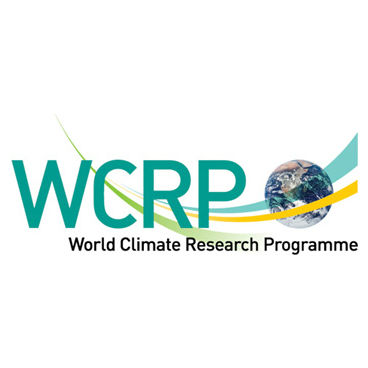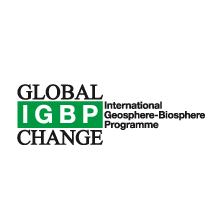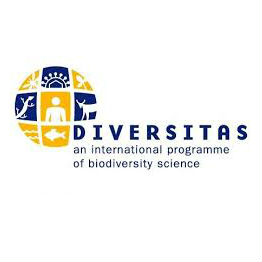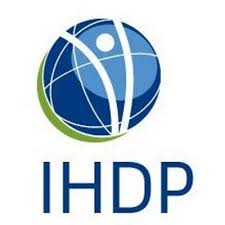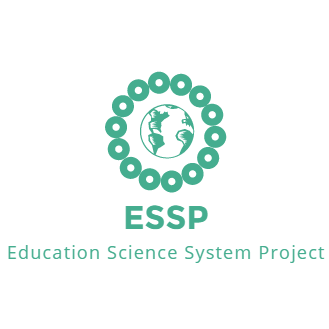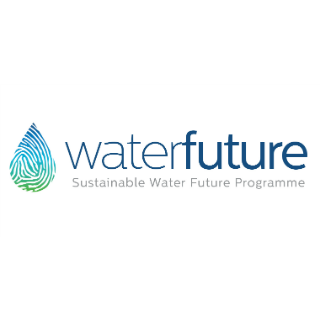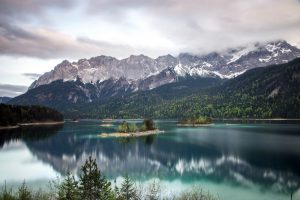 The world needs a focus on water in order to deal with global change in a sustainable manner.
The world needs a focus on water in order to deal with global change in a sustainable manner.
The Sustainable Water Future Programme (Water Future) of Future Earth is a global platform facilitating international scientific collaboration to drive solutions to the world’s water problems. Consistent with the broad objectives of the Sustainable Development Goal for Water, research conducted through Water Future seeks to ensure a balance between the needs of humankind and nature, and to offer real solutions, underpinned by interdisciplinary science, to deliver a sustainable ‘water world’. Water Future champions the application of integrated research to generate solutions that can be used to support policies for sustainable development. The programme serves as an ideas incubator, network hub and translator of scientific findings to address science, engineering, governance and management issues and drive policy change. The programme brings a unique, systems-level perspective to develop integrated approaches for both diagnosing water-related challenges and crafting innovative solutions.
Water connects us all
“Water is the life-blood of our planet: it is vital for human life and public health; grows our food that we eat; nurtures the environment that sustains our planet; and flows through and connects the economies we depend on.” (High Level Panel on Water, 2016)
 Water is essential to life on earth, plays a key role in the development and functioning of society and is recognised as a high priority resource for sustainable development. Over the past few decades, environmental science has produced insights into the linkages, interconnections and inter-dependencies in the global water cycle. The global water system is being transformed through elements such as climate change, environmental hazards, population growth, health risks (e.g. sanitation) economic development, technological innovations, and pollution.
Water is essential to life on earth, plays a key role in the development and functioning of society and is recognised as a high priority resource for sustainable development. Over the past few decades, environmental science has produced insights into the linkages, interconnections and inter-dependencies in the global water cycle. The global water system is being transformed through elements such as climate change, environmental hazards, population growth, health risks (e.g. sanitation) economic development, technological innovations, and pollution.
As a society, we need to address and manage these issues effectively as water security remains far from universally enjoyed.
- By 2025, 25% of the world’s population will be living in water-insecure countries.
- At least 1.8 billion people globally use a source of drinking water that is fecally contaminated.
- Over 1.7 billion people are currently living in river basins where water use exceeds recharge.
- More than 80% of wastewater resulting from human activities is discharged into rivers or the sea without any pollution removal.
- Each day, nearly 1,000 children die due to preventable water- and sanitation-related diseases.
- Floods and other water-related incidents account for 70% of all deaths from natural disasters.
Without sufficient and appropriate policy and investment responses, sustainable development will not be achievable, leading to low levels of well-being improvements and sub-optimal economic development, coupled with severe environmental impacts, as developing regions follow the moribund ‘impair, then repair’ model of development. Within this context, the global community has renewed its commitments towards equitable and sustainable development through the inauguration of the United Nations ‘2030 Agenda’ and the Sustainable Development Goals.
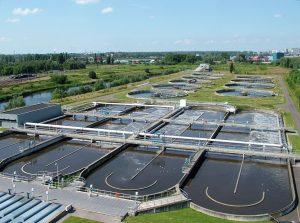 The global environmental changes combined suggests that our world has entered what is known as the Anthropocene; an era where the impact of human society has become so profound, it’s influence is anticipated to be felt on a global and geological scale.
The global environmental changes combined suggests that our world has entered what is known as the Anthropocene; an era where the impact of human society has become so profound, it’s influence is anticipated to be felt on a global and geological scale.
The mission of Water Future is to move the focus and direction of our global community to face the myriad of challenges affecting our water systems. Without this focus, many of the SDGs will likely be beyond reach.
Water Future is the central water activity under Future Earth, an international research platform, with the ability to direct and drive responses to global environmental change. As it is building on a decade of coordinated international research from the Global Water System Project (GWSP), Water Future has the capacity to provide the necessary mechanisms and frameworks to facilitate cooperation between academia, industry and government.
Both efforts endeavor to study the complex global water system, focusing on its interactions with the natural and human systems. Aligning with research from the GWSP, Water Future focuses on the diagnosis of water problems using advanced data sets and analytical tools. As part of Future Earth, Water Future is supported by the International Council for Science, the International Social Science Council, the Belmont Forum of funding agencies, the United Nations Educational, Scientific and Cultural Organization, the United Nations Environment Protection Programme, the United Nations University, and the World Meteorological Organization.
